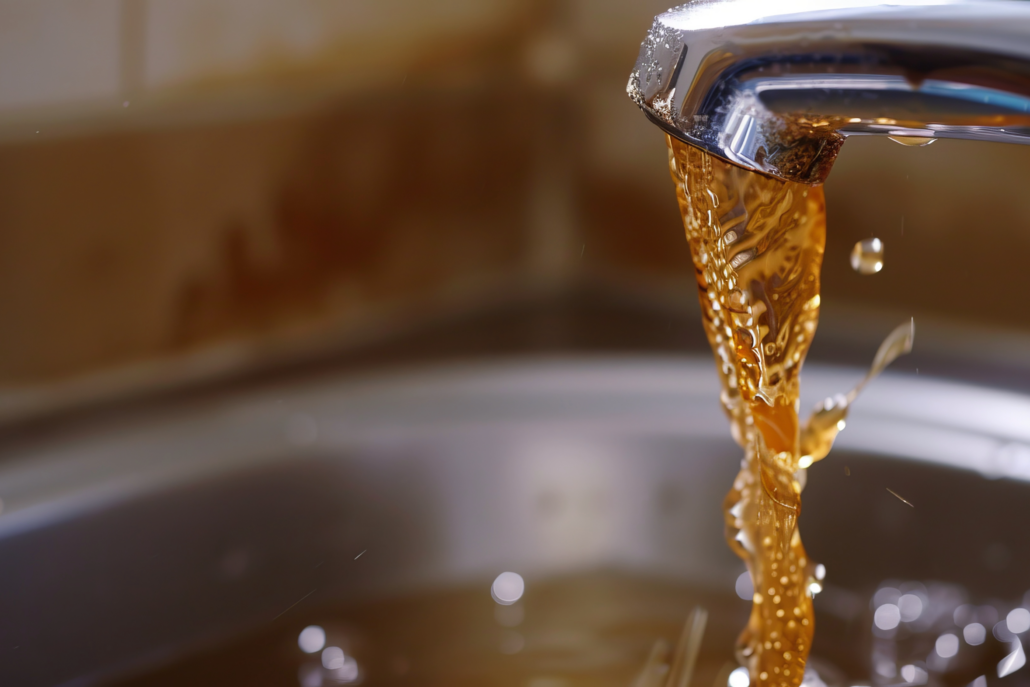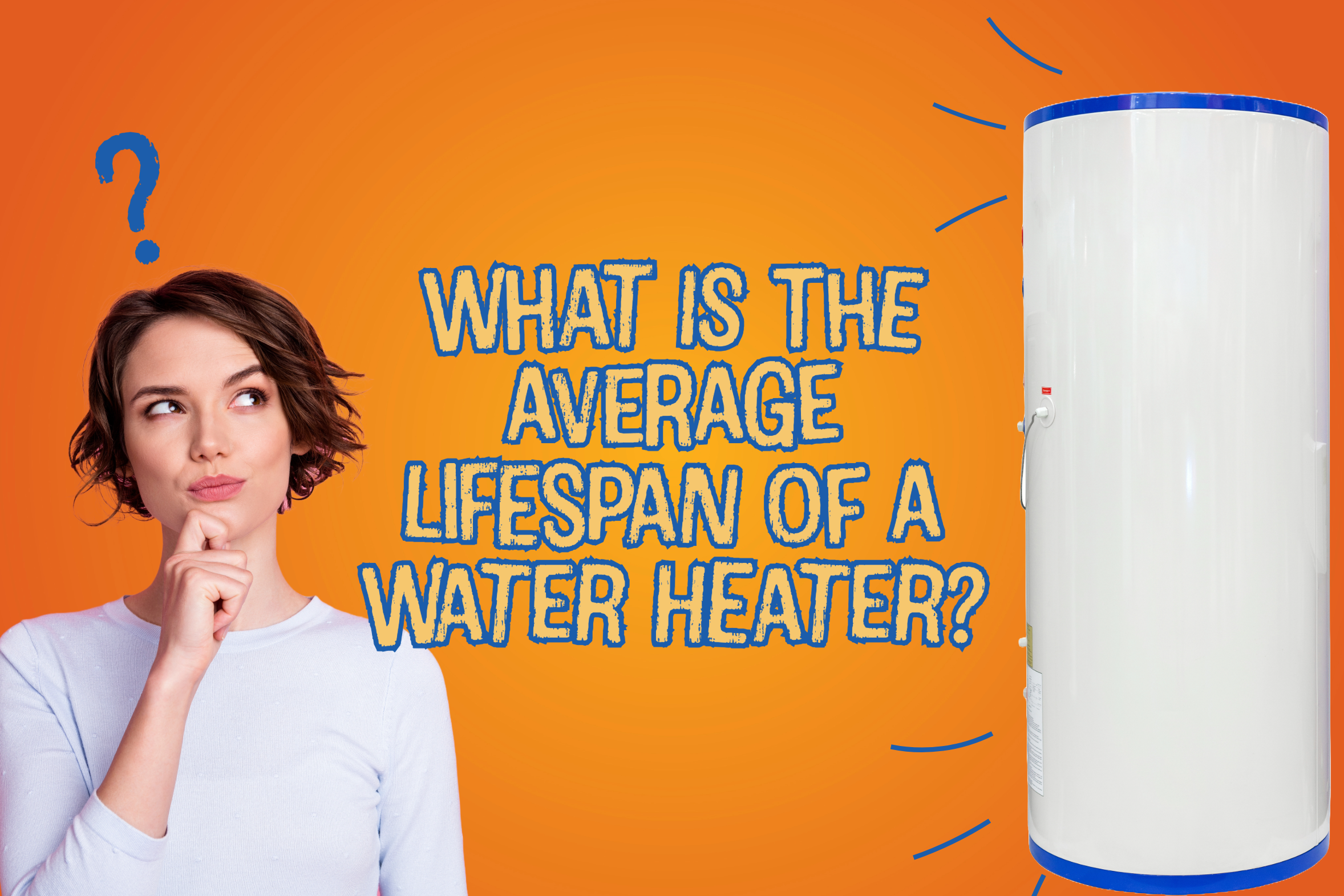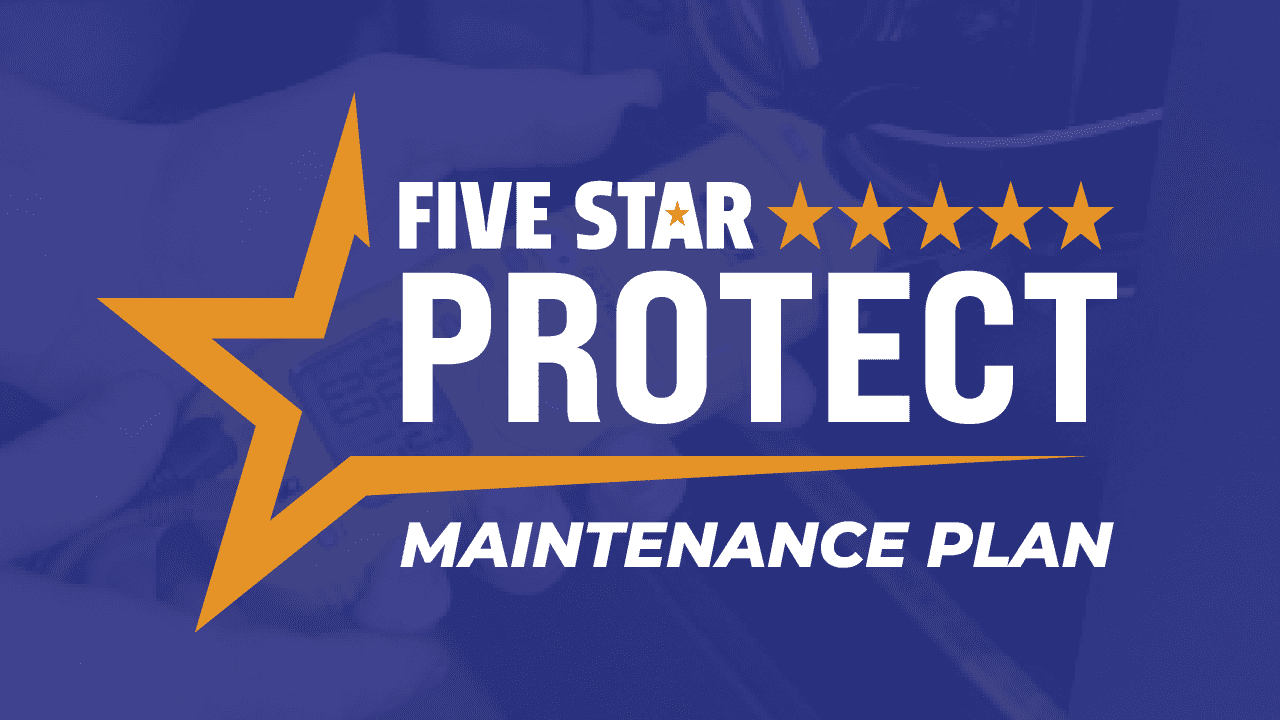If you’re facing some water heater issues and have a few questions, you’ve come to the right place! As your trusted home services partner, we know all too well how this can be overwhelming – especially if you’ve never been down this road before. What questions should you ask? Why does it need to be replaced? How do you know when to replace it versus opt for a repair? These are all great questions! But the truth is, if you’ve never had to ask these questions before, you may not know exactly what to ask. As always, that’s what Narrow Path Plumbing is here for!
We are committed to partnering with you to make everything home-related as seamless and stressless as possible. So, first, let’s start with the basics. That leads us to one of the most common questions we get asked. How long should a water heater last?
What Is the Average Lifespan of a Water Heater?
A good rule of thumb is 8 years. Remember that some water heaters can last longer than that (usually between 8 and 10 years). And in the case your water heater has reached 10 years, it’s important to note that it is likely at the end of its lifespan and on its last leg. As a result, planning accordingly beforehand is key to knocking the element of surprise off the roster. No one likes to be caught off guard.
What Are the Factors That Affect the Lifespan of a Water Heater?
It’s important to know that a few factors can and will affect just how long your water heater will last. These factors are:
- Usage – Your water usage plays a huge role in how long your water heater will last. Does that mean you should lessen your water usage for this sole reason? Definitely not! But it’s a factor that needs to be considered, nonetheless.
- Maintenance – When a unit is correctly cared for, naturally, this sets it up for success, meaning it can last longer. So, if you consistently miss your annual checkups and skip those essential water heater flushes, your water heater’s wear and tear rate will increase even faster.
- Water Quality – Water quality can impact your unit. This means whether you have hard or soft water, the quality of it (due to minerals like calcium and magnesium) will lead to mineral buildup, ultimately affecting the lifespan and efficiency of your system.
- Installation Quality – When a water heater is not installed correctly, it can negatively affect the unit in terms of faster wear and tear, cause damage, or even worse – be a safety hazard to your home and family.
- Equipment Quality – If you opt for a cheaper, less-than-the-top-notch brand of equipment for a highly-used appliance in your house, you can’t expect it to last up to what should be the average lifespan of a water heater. Why? The materials placed inside these water heaters’ tanks and heating elements will highly impact the level at which these units can and will function.
What Are the Signs That You May Need to Replace Your Water Heater?

- The Water Is Rusty – One telltale sign your water heater may be on the brink of its life, is if the water running from your faucet fixtures is discolored or looks “rusty.” On the same note, if the water from your plumbing fixtures has a metallic odor or taste, consider this the time to start looking into your replacement options.
- The Water Is Not Getting Hot – If you’ve noticed your water heater has not been able to keep up with your household’s hot water needs lately, this can either be a sign of sediment buildup or wear and tear, in which case, a replacement may be in order.
- The Water Is Leaking or Pooling Around the Unit’s Base – A leaking water heater usually results in water pooling around the unit’s base. You will want a professional to diagnose the issue ASAP; a replacement may be necessary depending on the source of the problem.
- The Water Heater Is More Than 10 Years Old – As mentioned earlier, the age of a water heater is a huge factor in whether a unit should be replaced. If your water heater is already above 10 years old, a replacement may be the best course of action for you.
- The Water Heater Requires Frequent Repairs – Although repairs are sometimes an option for specific issues, multiple repeated repairs are never a good thing. If you keep choosing to do repair after repair, you run the risk of placing more money into your water heater than is worth it, as opposed to just investing that money into a top-rated more energy-efficient unit.
What Type of Maintenance Can You Do to Prolong Your Water Heater’s Lifespan?
Since water heating accounts for an estimated 18% of a household’s energy expenses, it’s probably safe to assume that you want to ensure that your water heater stays up to date and runs smoothly.
By keeping up with your regular maintenance, you can help your water heater to run at its highest capacity and, as a result, help it to keep running for as long as possible. Recommended water heater maintenance includes:
- Flushing Your Water Heater—When sediment is left to build up, it can cause your system to overheat, among other issues. This can shorten your unit’s lifespan and result in costly repairs.
- Staying Away from Using High Water Temperatures – Excessively high-temperature settings on your water heater can wear it down faster, thus shortening its lifespan.
- Preventing Rust Buildup on the Exterior—Rust buildup on a unit’s exterior can reduce its efficiency and decrease its life expectancy.
- Keeping Up with Your Annual Maintenance – Don’t skip out on your annual plumbing inspections, even if they are unnecessary. The truth is when you stay up to date with your residential plumbing inspection, it helps to make sure everything is running as it should be. A licensed plumber will be able to go over your home, catch what may seem like a minor problem beforehand and help you prevent it from evolving into an actual plumbing disaster.

Keeping track of your water heater’s age is helpful as it will help you to plan and prepare so you can make an informed decision when the time comes. Need help figuring out how old your water heater is? Or perhaps you’d like a free estimate for a replacement water heater. Whatever your need or question is, we are here for you!
🌐 Download our 2024 Water Heater Buying Guide ➡️
You can count on Narrow Path Plumbing for all your plumbing needs! Call us today at (937) 623-2619 or click here to schedule an appointment.





